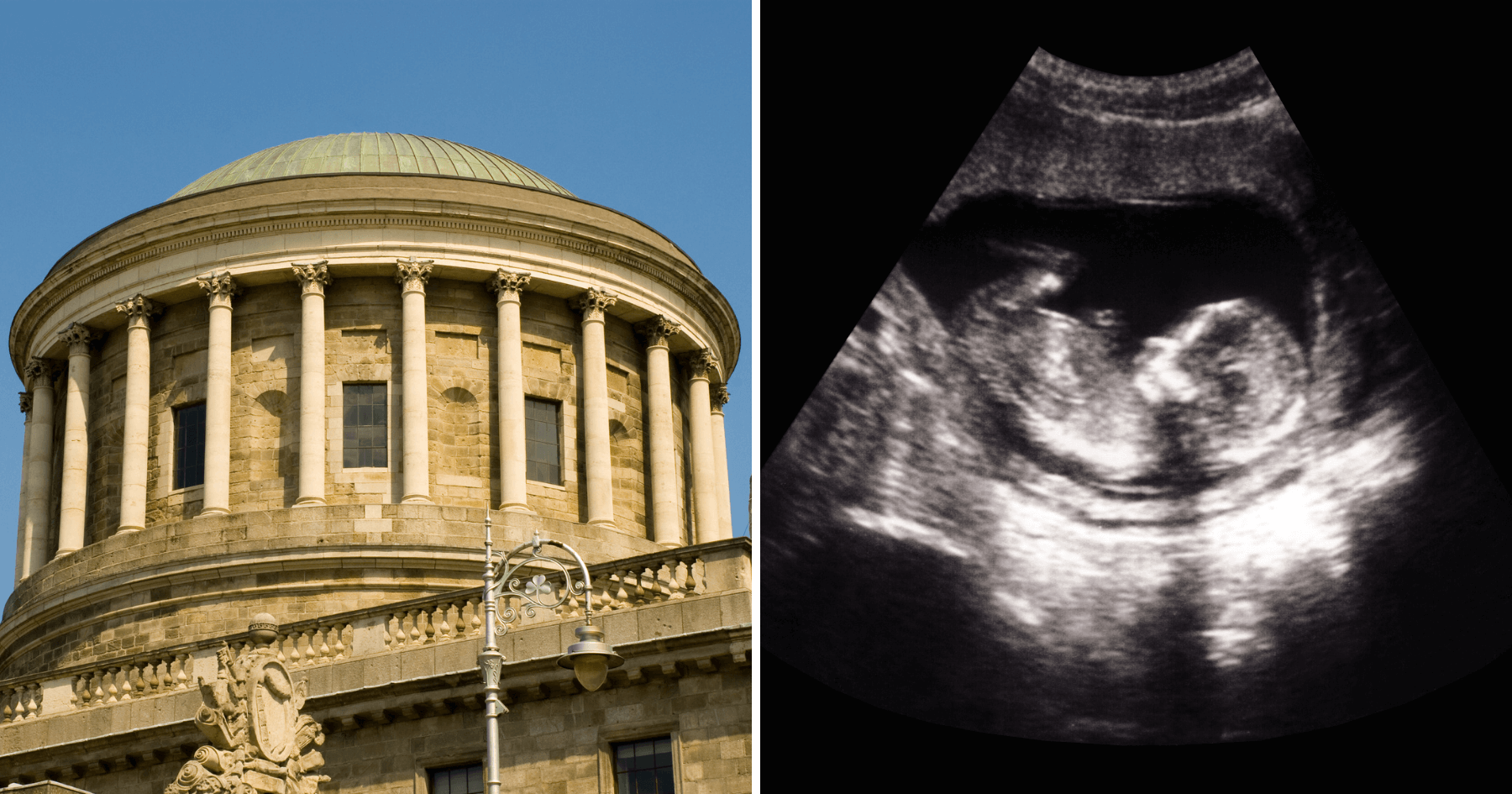An Irish couple who aborted their child after they were mistakenly told he had a severe disability have settled their High Court actions.
The couple, Rebecca Price and Patrick Kiely, launched separate actions against Merrion Fetal Health, a private facility in Dublin, five of its medical consultants, and the National Maternity Hospital, with which the clinic is affiliated.
After talks Mr Justice Paul Coffey was told that the defendants – five consultants who operate under the Merrion Fetal Health Clinic, as well as the National Maternity Hospital and a Glasgow laboratory, the Greater Glasgow Health Board – conceded liability in full.
Speaking outside the court on June 23rd, Price and Kiely’s solicitor said the couple had asked to meet with Health Minister Stephen Donnelly “to ensure this ‘never event’ never happens again”.
A misdiagnosis
In March 2019, the woman underwent an abortion because she claims she had been told her child had Trisomy 18, also known as Edwards’ syndrome. The woman alleges that a week after her 12-week scan on 21 February, she was informed that a DNA test had detected the genetic disability in her son.
A little over 13 in 100 babies born alive with Edwards’ syndrome survive beyond their first birthday.
The mother said that, after an additional scan, she was advised to undergo a prenatal test known as chorionic villus sampling (CVS) in which a sample is removed from the placenta, and was told on 8 March 2019 that the test had detected Trisomy 18.
She claims that her physician told her that the baby was ‘non-viable’ and that it was not necessary to wait for the results of further genetic tests to confirm the diagnosis. She says she relied totally on this advice and consequently decided to undergo the abortion on 14 March 2019.
However, she claims that when she later received the results of the additional genetic test, which examines the chromosomes for genetic disabilities, it showed that her son was healthy. Both parents said no healthcare professional told them personally that baby Christopher was actually healthy.
Ms Price has reported experiencing “all-consuming mental and physical trauma” since the abortion.
Abortion in Ireland
This abortion took place in early 2019 shortly after Ireland became the first country in history to choose to remove the right to life for its unborn citizens by popular vote in May 2018.
The Health (Regulation of Termination of Pregnancy) Act that legalised abortion was signed into law on 20 December 2018.
Right To Life UK spokesperson Catherine Robinson said: “This is a desperately sad case at every level. Whether or not baby Christopher was correctly diagnosed with having a disability is no justification for ending his life by abortion. If the diagnosis was correct and he did have Edwards’ syndrome, his life was still precious and it should not have been ended. The fact that the diagnosis was incorrect demonstrates the inherent danger in any abortion regime that singles out babies with disabilities.












